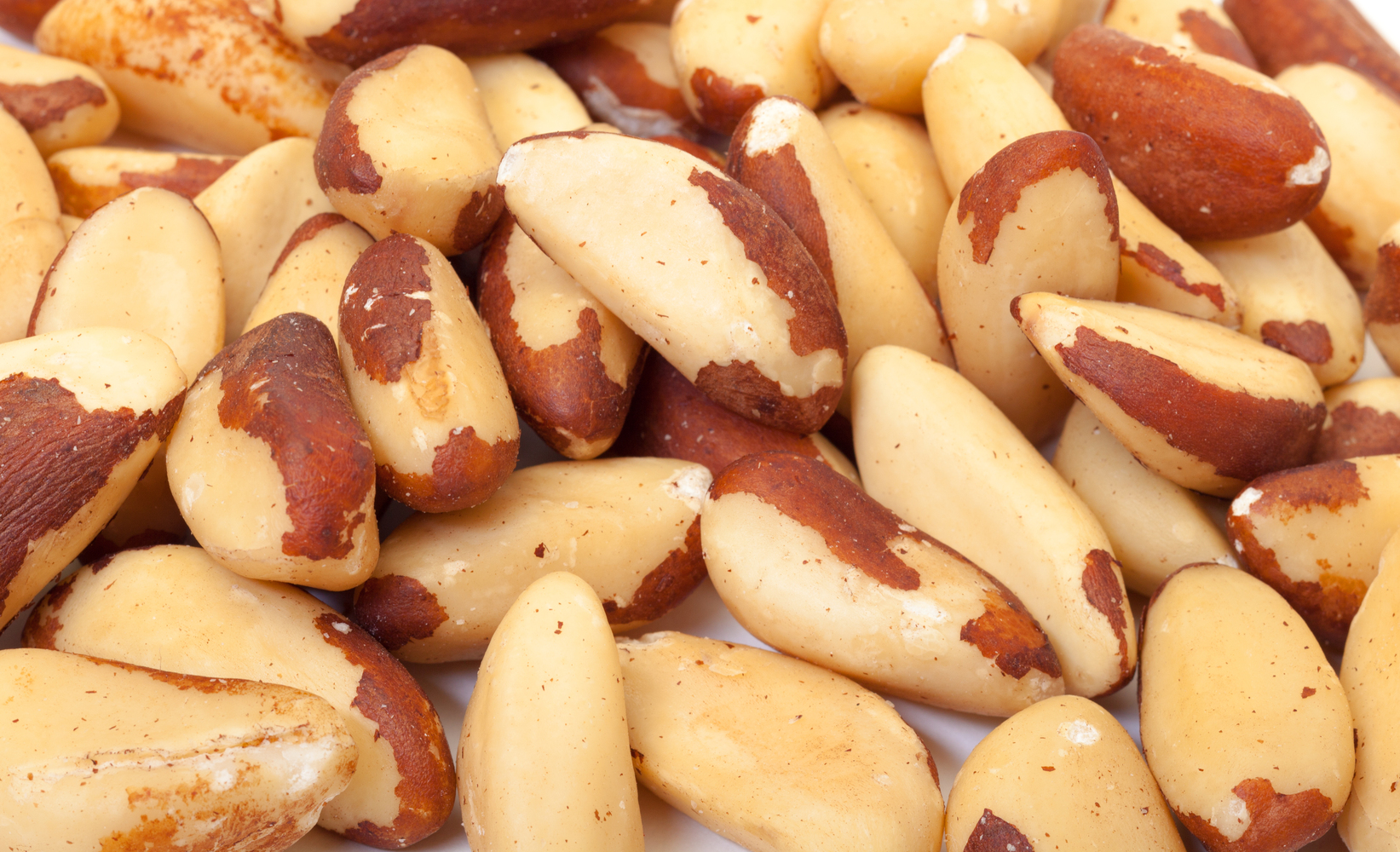
10 Foods That Help Manage Depressive Symptoms
Clinical depression is more than just feeling blue. For many people, depressive feelings accompany a pattern of severe life events that lead to major depressive episodes, and may require in-patient care via a depression treatment facility, the use of therapist counseling apps, and prescription anti depressant drugs such as TRINTELLIX (vortioxetine), VRAYLAR (cariprazine), FETZIMA (levomilnacipran), Wellbutrin (Bupropion), AUVELITY, VIIBRYD (vilazodone HCI), and REXULTI (brexpiprazole). Depressive symptoms can also be the side effect of drug treatment for other chronic health problems. Luckily, in addition to doctor-prescribed medications and therapy to treat depression, several foods incorporated into your diet can also contribute to better mood and improved mental health, such as:
1. Oysters
Oysters are an excellent source of omega-3 fatty acids, which have proven effective for treating depression. Omega-3s can create a positive mood and relieve fatigue and brain fog. If you don’t care for oysters, though, don’t worry. Fish oil supplements are an excellent alternative.
2. Salmon
Salmon has long proven to be a typical superfood— it conveys both physical and mental benefits, with one study showing it can improve the brain’s response to activity. It is also rich in omega-3 fatty acids, as well as calcium and vitamin D, which positively affect brain function.
3. Flaxseed
Flaxseeds are an excellent source of plant-based omega-3s, providing another natural source of essential fatty acids that can help relieve some symptoms of depression.
4. Dark chocolate
Chocolate can be helpful in the management of mild to moderate depressive symptoms. Dark chocolate in particular is high in tryptophan, which helps your body produce serotonin, dopamine, and norepinephrine, which are happy brain chemicals. As an additional benefit, chocolate is also rich in antioxidants, which can protect your brain from the harmful damage caused by free radicals produced during stress.
5. Spinach and swiss chard
A combination of spinach and swiss chard is a good source of folate, another essential brain chemical that is often depleted during periods of stress and depression. A study on the benefits of folate found that taking a folic acid supplement improved mood and reduced depressive symptoms.
6. Cruciferous vegetables
Members of the cruciferous vegetable family, such as broccoli, cauliflower, and cabbage, are also particularly effective at reducing depressive symptoms because they contain high amounts of folate.
7. Brazil nuts
Brazil nuts are a good source of a mineral called selenium. Selenium has proven effective for reducing anxiety and depression, with one study finding that a daily serving of 100 grams of brazil nuts can lead to improved relaxation and cognition.
8. Eggs with the yolk
Eggs with the yolk contain high levels of tryptophan, which is an essential amino acid that is a precursor for serotonin. Therefore, eggs can be an effective way of boosting your mood and relieving mild symptoms of depression.
9. Beans and lentils
Beans and lentils are good sources of complex carbohydrates. For this reason, they can be effective at relieving feelings of sadness and improving your mood, as carbohydrates are necessary for the production of serotonin in the brain.
10. Fermented foods
Many fermented foods (e.g., kimchi, kombucha, sauerkraut, and miso) are high in probiotics that help maintain healthy gut bacteria and digestive health, which many studies have linked to an improved mental state. Fermented foods also contain B vitamins, which can help you produce the brain chemical serotonin.
Depression symptoms vary and affect every patient differently. While some patients may require admission to depression treatment facilities for treating severe depression, other patients with milder symptoms may find benefits from online therapy, prescription medication, and lifestyle changes that include the incorporation of certain foods that can help manage depression symptoms. Simple steps like increasing omega-3 fatty acid consumption and consuming more magnesium can provide significant mood-boosting benefits and reduce anxiety and depression.



